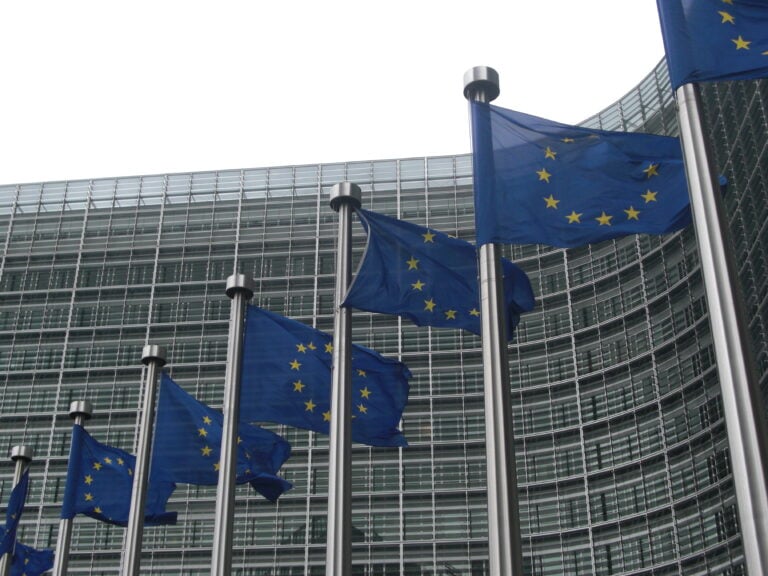
The German government’s proposal to allow international carbon credits in its efforts to reach EU-wide decarbonisation targets “risks undermining the target’s credibility”, according to Berlin-based think tank Agora Energiewende.
The two parties set to form Germany’s next government – the CDU and the SPD – issued a coalition treaty this week which affirmed commitment to the EU’s 90% emissions reduction target by 2040. The treaty also included a pledge to allow the use of foreign carbon credits in efforts to reach that target, which has drawn criticism from climate organisations in Germany.
Unlock unlimited access for 12 whole months of distinctive global analysis
Photovoltaics International is now included.
- Regular insight and analysis of the industry’s biggest developments
- In-depth interviews with the industry’s leading figures
- Unlimited digital access to the PV Tech Power journal catalogue
- Unlimited digital access to the Photovoltaics International journal catalogue
- Access to more than 1,000 technical papers
- Discounts on Solar Media’s portfolio of events, in-person and virtual
The treaty allows for “credible CO2 reduction through highly qualified, certified and permanent projects” in “non-European partner countries”. Effectively, this would amount to carbon offsetting, Agora Energiewende director, Julia Metz said, without corresponding to actual emissions reductions within the EU.
Metz said: “The proposal to allow governments to “offset” emissions by buying international credits – rather than reducing them at home – risks undermining the target’s credibility and would mark a major shift in the EU’s current approach to climate action.”
A statement from the Potsdam Institute for Climate Impact Research – a cross-discipline climate research centre – said similarly. Its director, Ottmar Edenhofer, said: “It’s good that [the 90% 2040 reduction target] is also being addressed in the coalition agreement.
“Contrary to the coalition agreement, however, the EU interim target must be met entirely domestically. Climate protection efforts in non-European partner countries – namely the financing of carbon removal projects in the Global South on the basis of Article 6 of the Paris Agreement – are useful, but they need to be additional.”
Both Edenhofer and Metz cited the EU’s Carbon Border Adjustment Mechanism (CBAM) legislation as a key tool in strengthening Europe’s emissions reduction and preventing “carbon leakage” – where strict emissions laws in one region cause an increase in emissions elsewhere as businesses relocate operations.
The CBAM imposes a levy on carbon-intensive goods entering the EU based on the carbon footprint of their production. It will come into full force in 2026.
“[The CBAM} is not only necessary for ensuring European industry is not disadvantaged by international competition, but also to strengthen international climate cooperation – this applies despite the US’s climate policy breakdown,” Edenhofer said.
“The CBAM, as has already been demonstrated in the run-up to its implementation, also incentivises countries outside the EU to implement carbon pricing.”
For solar PV, the CBAM could affect solar module imports from China. Chinese modules are by far the cheapest in the world, but the Chinese grid is still relatively carbon-intensive. In particular, the production of metallurgical grade silicon (MGS), polysilicon and silicon wafers at the top of the solar supply chain is an energy-intensive process.
PV Tech published a blog from the Ultra Low Carbon Solar Alliance last year which examined the energy intensity of Chinese solar manufacturing and the potential impacts of carbon pricing mechanisms like CBAM (premium access).
The European Solar Stewardship Initiative (SSI) – a European industry-led scheme – has begun to introduce standards for solar manufacturing emissions and carbon footprint, in an effort to foster a more sustainable and lower-emission supply chain.







